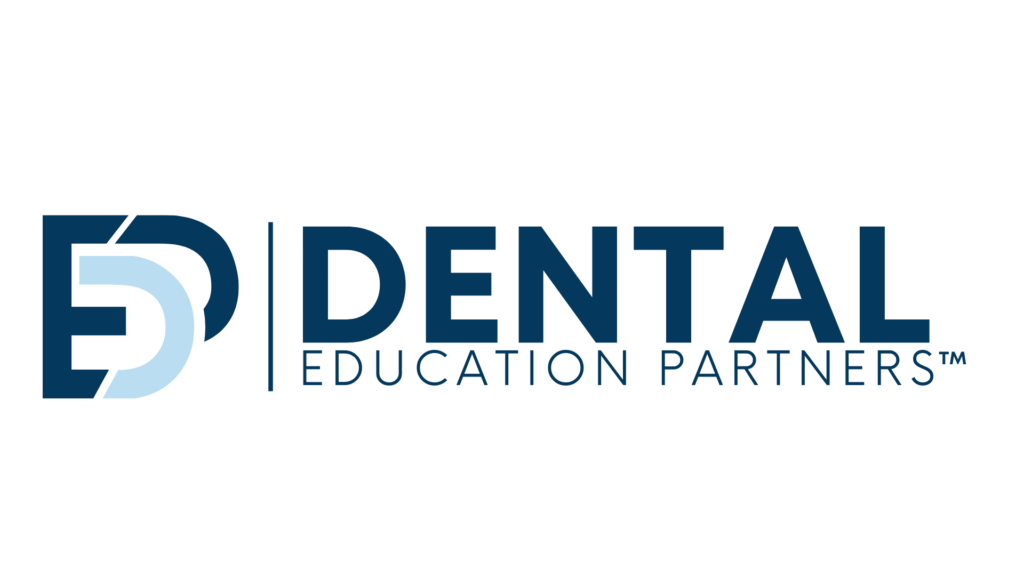While dental hygienists are highly trained professionals, there can be misconceptions about the role and value of having a hygiene coach and consultant. Here are some misconceptions that hygienists might have:
1. Self Sufficiency:
· Misconception: “I’m already trained and experienced; I do not need external coaching.”
· Reality: Even experienced hygienists can benefit from external perspectives and continuous learning. A hygiene coach can provide insights and new techniques and help refine existing skills or bring back skills not currently utilized.
2. Limited scope of coaching:
· Misconception: “Coaching is only for improving clinical skills.”
· Reality: While clinical skills are essential, hygiene coaches can also guide communication, patient engagement, time management, and business aspects of dental hygiene practice.
3. Perceived Criticism:
· Misconception: “Having a coach means someone is critical of my performance.”
· Reality: Coaching is about improvement (constructive growth), not criticism. A coach offers constructive feedback to enhance skills and achieve professional goals.
4. Time Consumption:
· Misconception: “I do not have time for coaching; it will disrupt my routine.”
· Reality: Effective coaching is often tailored to fit into a hygienist’s schedule. It can be
a valuable investment of time, increasing efficiency and job satisfaction.
5. Exclusively for New Graduates:
· Misconception: “Coaching is for new grads who are just starting.”
· Reality: Both new and seasoned hygienists can benefit. For experienced professionals, coaching can provide fresh perspectives, prevent burnout, and offer strategies for adapting to changes in the field.
6. Cost Concerns:
· Misconception: “Hiring a coach is an unnecessary expense.” Or, “I haven’t received a raise, but the Dr. can afford a consultant?”
· Reality: While there is a cost, the long-term benefits, including increased job satisfaction, improved patient outcomes, and practice growth, often outweigh the initial investment. The investment is not only in the practice but in the staff. It takes the whole team to function at a high level to make a business run and profit. Your salary and the Doctor’s salary depend on it.
7. One-Size-Fits-All Approach:
· Misconception: “Coaching is generic and doesn’t consider my unique challenges.”
· Reality: A good hygiene coach tailors their approach to individual needs, addressing specific challenges and helping hygienists set and achieve personalized goals.
8. Fear of Change:
· Misconception: “Coaching will force me to change everything about how I practice.”
· Reality: Coaching is about improvement, not drastic changes. A coach works with a hygienist to enhance existing skills and approaches, adapting strategies to align with the hygienist’s style and preferences.
9. Not Relevant to Hygiene Practice:
· Misconception: “Coaching is more applicable to dentists than hygienists.”
· Reality: Dental hygiene coaches can provide valuable support, addressing hygiene-specific challenges and contributing to the practice’s overall success.
10. Short Term Focus:
· Misconception: “Coaching is only beneficial in the short term.”
· Reality: Coaching can have both short-term and long-term benefits. While immediate improvements may be seen, the skills and insights gained can impact a hygienist’s career.
I once had a hygiene coach before I became one myself. The lessons that I learned had a lasting impact on me. They helped me to become the coach and hygienist I am today. I knew the business side of dentistry and how the function of a practice works. It takes a whole team, and what transpires in a hygiene operatory makes a difference in a patient’s life and the life of the practice. I want to take the negative association with coaching away, encourage open-mindedness and understanding of the potential benefits of coaching, help hygienists overcome these misconceptions, and embrace the opportunity for professional growth and development.


